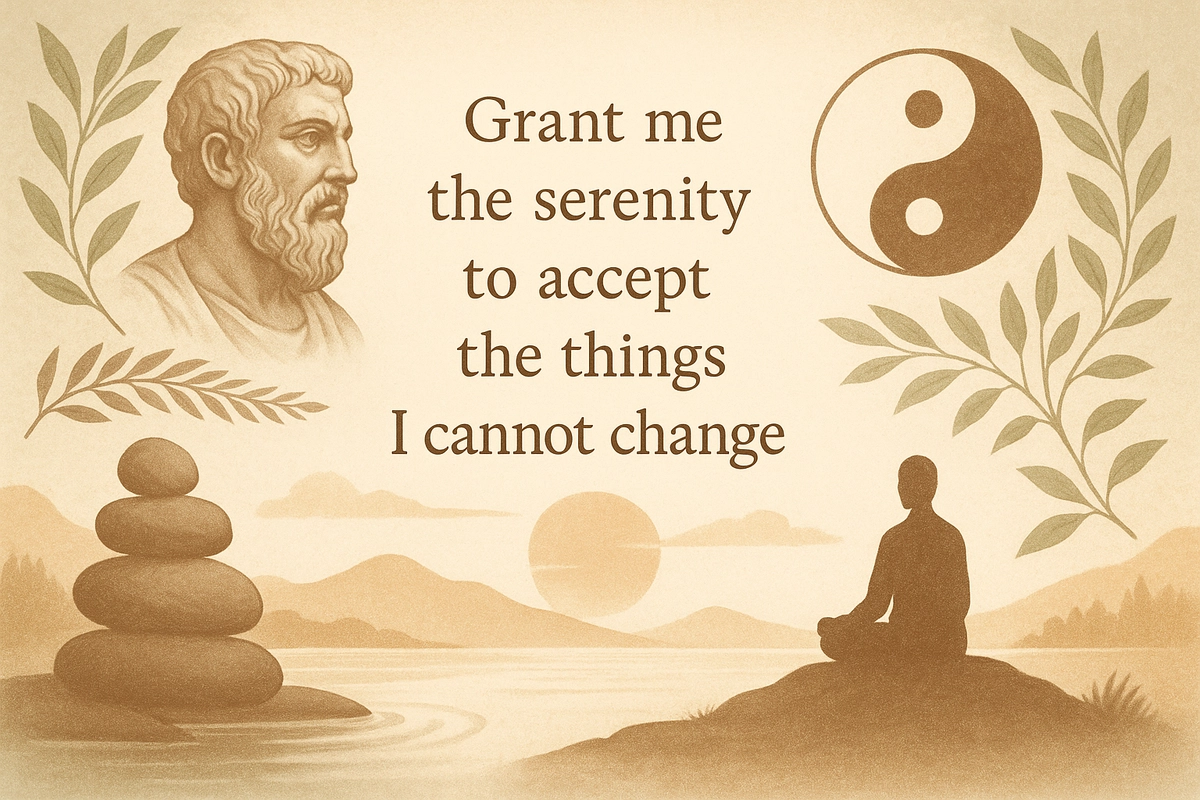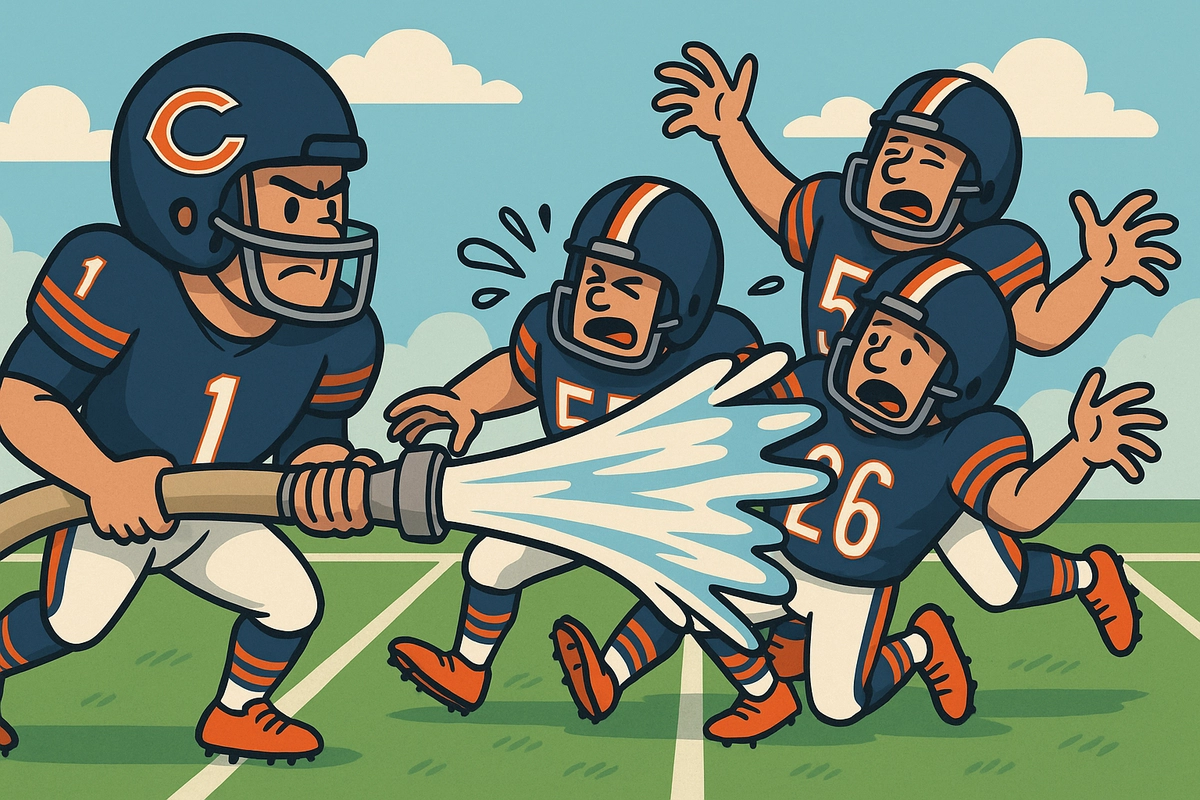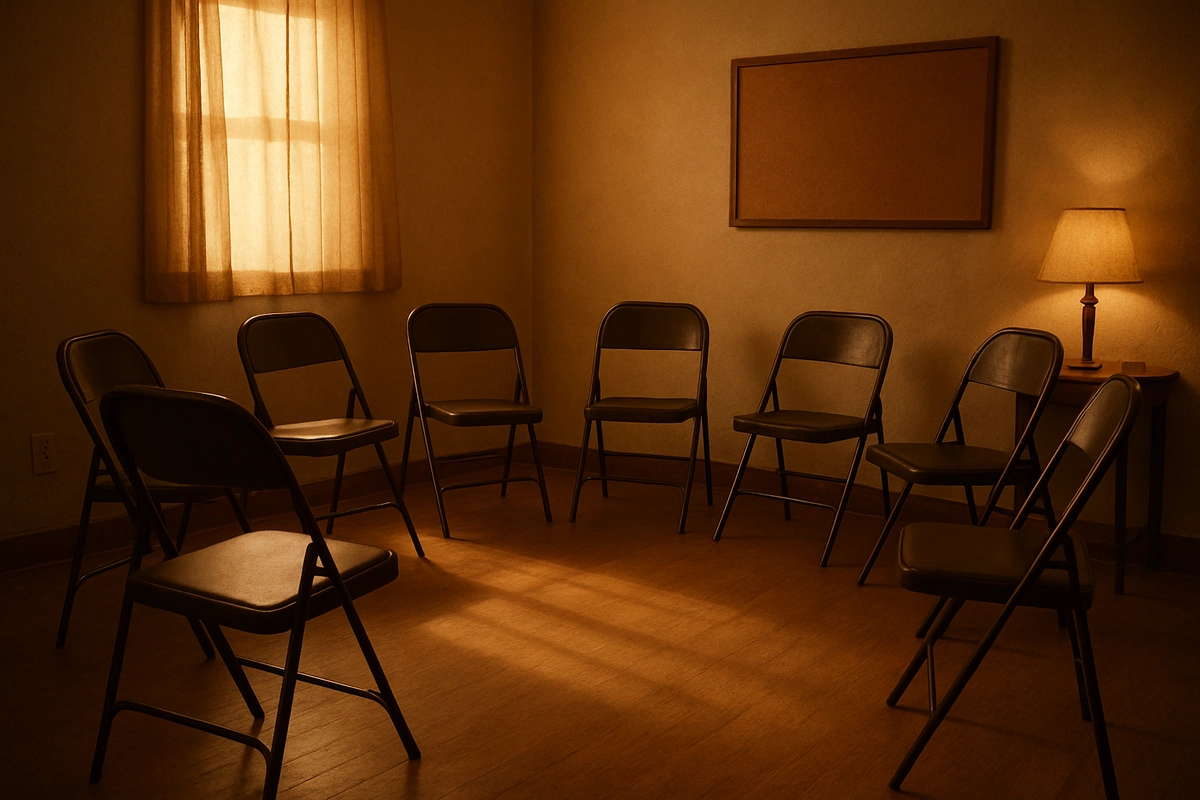The Serenity Prayer and Alcoholics Anonymous are so deeply intertwined that it often feels like the prayer originated within the fellowship. Yet, its roots predate A.A., with the earliest known references tracing back to 1932. But who actually wrote it?
The prayer’s origins have been hotly debated, subject to declarations and retractions as new evidence has emerged. Fred Shapiro, associate director for collections and access at the Yale Law Library and editor of The New Yale Book of Quotations, has spent over two decades investigating its history. Shapiro's research points primarily to Winnifred Crane Wygal and her involvement with the YWCA, as many early publications of the prayer came from her work. However, Wygal herself attributed the prayer to her teacher, the renowned theologian Reinhold Niebuhr, in her 1940 book We Plan Our Own Worship Services.
In a 2014 article for The Chronicle of Higher Education, Shapiro detailed his discovery of Wygal’s diary entry from October 31, 1932, containing portions of the prayer credited simply to "RN" (Reinhold Niebuhr). This leaves the question somewhat unresolved—was Wygal simply sharing her mentor’s words, or was the attribution to Niebuhr influenced by a chauvinistic era reluctant to credit a woman with such profound spiritual insight? We may never definitively know.
Regardless of its modern author, the Serenity Prayer echoes ancient wisdom deeply embedded in human thought and philosophy. Take, for instance, the teachings of Epictetus, a Stoic philosopher whose words survive through the writings of his student, Arrian, in The Enchiridion (The Manual, circa 125 A.D.):
“Some things are under our control, while others are not under our control. Under our control are conception, choice, desire, aversion, and, in a word, everything that is our own doing; not under our control are our body, our property, reputation, office, and, in a word, everything that is not our own doing. Furthermore, the things under our control are by nature free, unhindered, and unimpeded; while the things not under our control are weak, servile, subject to hindrance, and not our own. Remember, therefore, that if what is naturally slavish you think to be free, and what is not your own to be your own, you will be hampered, will grieve, will be in turmoil, and will blame both gods and men; while if you think only what is your own to be your own, and what is not your own to be, as it really is, not your own, then no one will ever be able to exert compulsion upon you, no one will hinder you, you will blame no one, will find fault with no one, will do absolutely nothing against your will, you will have no personal enemy, no one will harm you, for neither is there any harm that can touch you.”
Epictetus captures the core essence of the Serenity Prayer—acceptance of what cannot be controlled and the courage to change what can be. We can trace this wisdom even further back, some six centuries earlier, to Lao Tzu's Tao Te Ching, Chapter 9:
“Rather than pour into a cup overflowed, it is better to stop it.
To hammer and to sharpen, it won’t take long to be broken.
Brimming a hall with riches, one shall not be able to keep it.
The man arrogant from enormous wealth buries disaster upon his road.
Resigning after succeeding fits with the principle of the universe.”
Here, Lao Tzu emphasizes a serene acceptance aligned with "the principle of the universe," reinforcing the timelessness of this wisdom.
Whoever first articulated the Serenity Prayer tapped into a profound, ancient truth. Its resonance within Alcoholics Anonymous is no coincidence; the prayer encapsulates foundational insights that guide not just recovery, but a balanced, harmonious life. Written on every anniversary coin, it offers us a simple yet powerful message of serenity, courage, and wisdom—available whenever we seek peace or guidance.






Comments